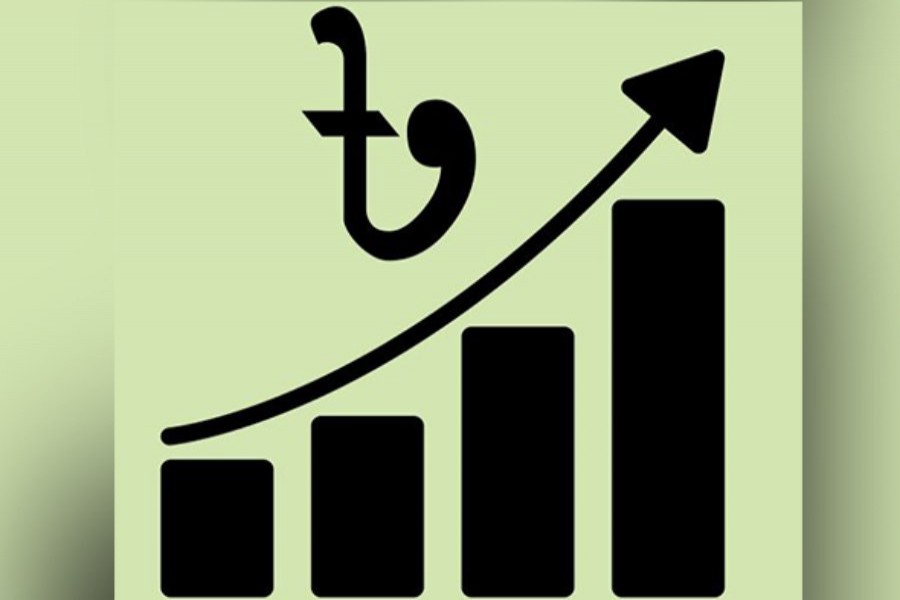Why the developed countries don't always find charismatic leaders of their own for industries and national governance may be deemed a mystery in the underdeveloped world. Answer may lie in another question as to why most sons of the soil of France or America, for example, would take pains of leadership role when life is full of consumerist enjoyment.
Desperation of millions in countries like Bangladesh to change their conditions has brought certain social progress. Each of these people has proved leadership in his/her domain. The summation of results of their efforts is reflected in each of the national attainments -the country's food autarky, sixth position in remittance earning, and second-third apparel exporter, or success in raising literacy including that of women, and addressing polio and cholera.
However, the initial progress made on different fronts has stagnated by this time as manifested in poor quality education and healthcare services, food adulteration, lower value addition of exportable garment items, holding low-end overseas jobs, unplanned urbanisation and environmental pollution etc.
The coronavirus pandemic has reversed the trends of poverty reduction - raising it to a range of 30-40 per cent, as studies suggest, from around 20 per cent in recent times. We witness pious wishes or an almost cliché forecast that the economy would rebound.
Of course, the Bangladesh people have once again shown their resilience and some have managed to cash in on fresh opportunities using technology and newly-built marketing chains. That is not yet the case of the majority.
The unexpected halt to economic and many other activities of life due to the Covid-19 has made the Bangladesh stakeholders bewildered to different proportions. Be it healthcare facilities or online classes, most people could not access quality services. Creativity in undertaking policies and programmes that are required for overcoming unprecedented crisis like this one, is broadly missing.
This may mean that the country's widely appreciated high economic growth recorded over the years, though not so understandable to many, has not yielded the optimum growth of individuals and human resources.
Otherwise, there is no reason why we should see gruesome murder on broad daylight and so many rape incidents and barbaric acts of misogyny when the country's literacy rate has increased and it has much better physical infrastructures for human movement. The sophistication youths earlier tried to attain on the campus on way to becoming refined citizens is largely absent these days.
The ecosystem for flourishing people's merit and potential has not also been helpful for any healthy competition for constantly improving quality of every act of life. To attain excellence, people here hardly want to take the pains that they have already taken as a compulsion to get rid of the vicious cycle of poverty.
Now, are we falling into what economists call a middle income trap as only few new horizons of opportunities are being explored despite scope and necessity to do so on a broader scale at home and around the world?
"Previous successes can stand in the way of new opportunities," notes David Robson, while focusing on companies' losses despite their earlier dominance in technology, in a BBC article styled "How to avoid the 'competency trap'". He added, "To avoid fossilisation, you need to embrace evolution."
In our case, we've reasons to fear that a certain amount of complacence ---even before attaining full potential of knowledge, technology and wealth accumulation --- may hurt our prospects. Justifying low-level attainments in the name of self-confidence can only make our aspirations bonsai.
We still need to pursue happiness by our drives and initiatives, not sitting idle or turning away our faces from the challenges at hand. The aircraft of today's development must fly during its takeoff, or else it will crash down.


